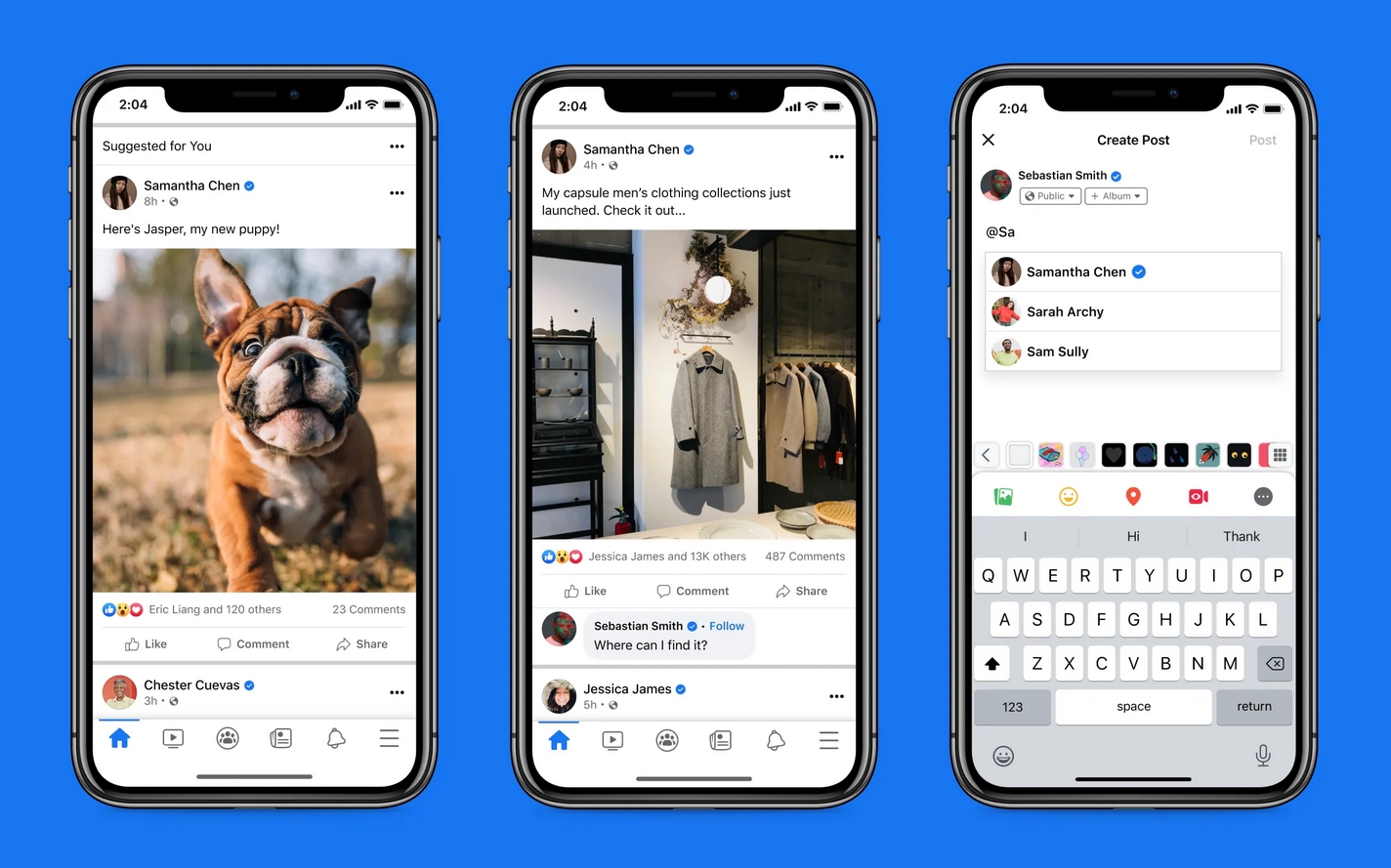Getting “verified” on Facebook or Instagram serves as a badge of honor, signifying your place as a notable brand or individual on the platforms. However, it isn’t always clear who counts as ‘notable’ and who will be denied the blue checkmark – especially as Facebook and Instagram have recently updated their guidelines for who can be verified.
To make it clear who can be verified, how to get verified, and what comes with the special badge, Facebook recently shared an in-depth post about the verification process on the Facebook for Creators page.
What Is Verification?

One thing that Facebook wants to make very clear is that being verified is not an endorsement from the platform.
It will not help your rankings or visibility in users’ feeds or earn you favorability in any other way on the platform.
Being verified is just a signal of notability and authenticity – nothing more.
What Is Needed To Apply for Verification?
Along with a typical application form, Facebook also asks for a number of details to confirm that you are a notable person or organization. This includes:
Proof of Authenticity
Facebook requires that you provide a form of official documentation proving that you are the person in question or a genuine representative of the organization applying. This can be done by providing one of the following:
- A Passport
- A Driving License
- Tax Filing
- NI Card
- Articles of Incorporation
- A Recent Utility Bill
Select Your Category
Applicants must identify themselves as one of the following types of profiles or pages which are ‘in the public interest’:
- News/Media.
- Government and politics.
- Sports.
- Fashion.
- Music.
- Entertainer.
- Gamer.
- Digital creator / blogger / influencer.
- Business / brand / organization.
- Other.
Additional Details
Applicants can also provide optional extra details which describe your audience, reasons why people follow you, and their related interests.
Along with this, you can provide up to five links to pages or profiles showing that your brand is ‘in the public interest’.
To be clear, Facebook states that links to clearly promotional or paid content will be disregarded.
Further Notes from Facebook
The post also details some of the basic guidelines and standards for verified profiles and pages, particularly that applicants must be:
- For an account that represents a registered business or entity, or be a real person.
- For a public account – with a bio, profile photo, ‘about’ section, and has a minimum of one post.
- For an account that has a unique presence – pets and publications are also eligible.
- For an account that represents a highly-searched for and well-known brand, entity, or person.
- For one account per person or business – with the only exception being for language-specific accounts.
A Word of Caution
Lastly, Facebook warns that getting verified does tend to come with increased attention from bad actors, including hackers, scammers, and impersonators.
As such, it recommends that verified accounts enable two-factor authentication and be watchful for copycats impersonating them.



